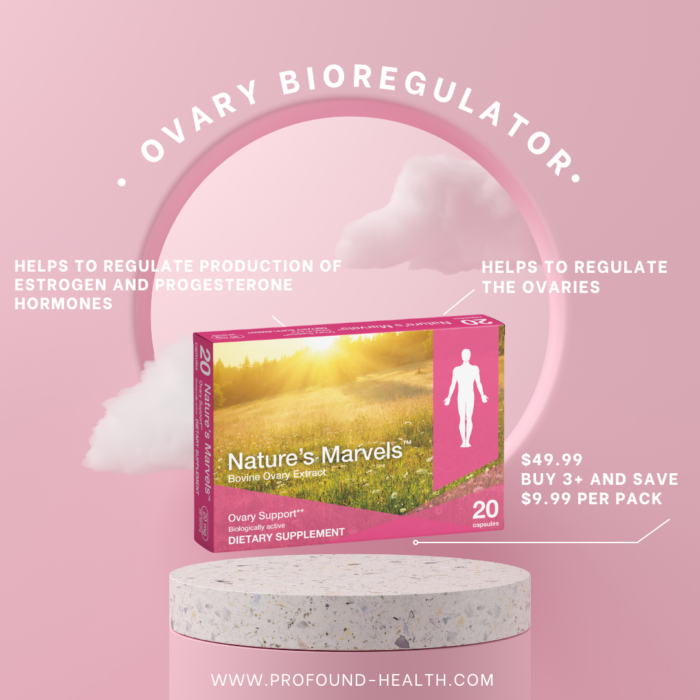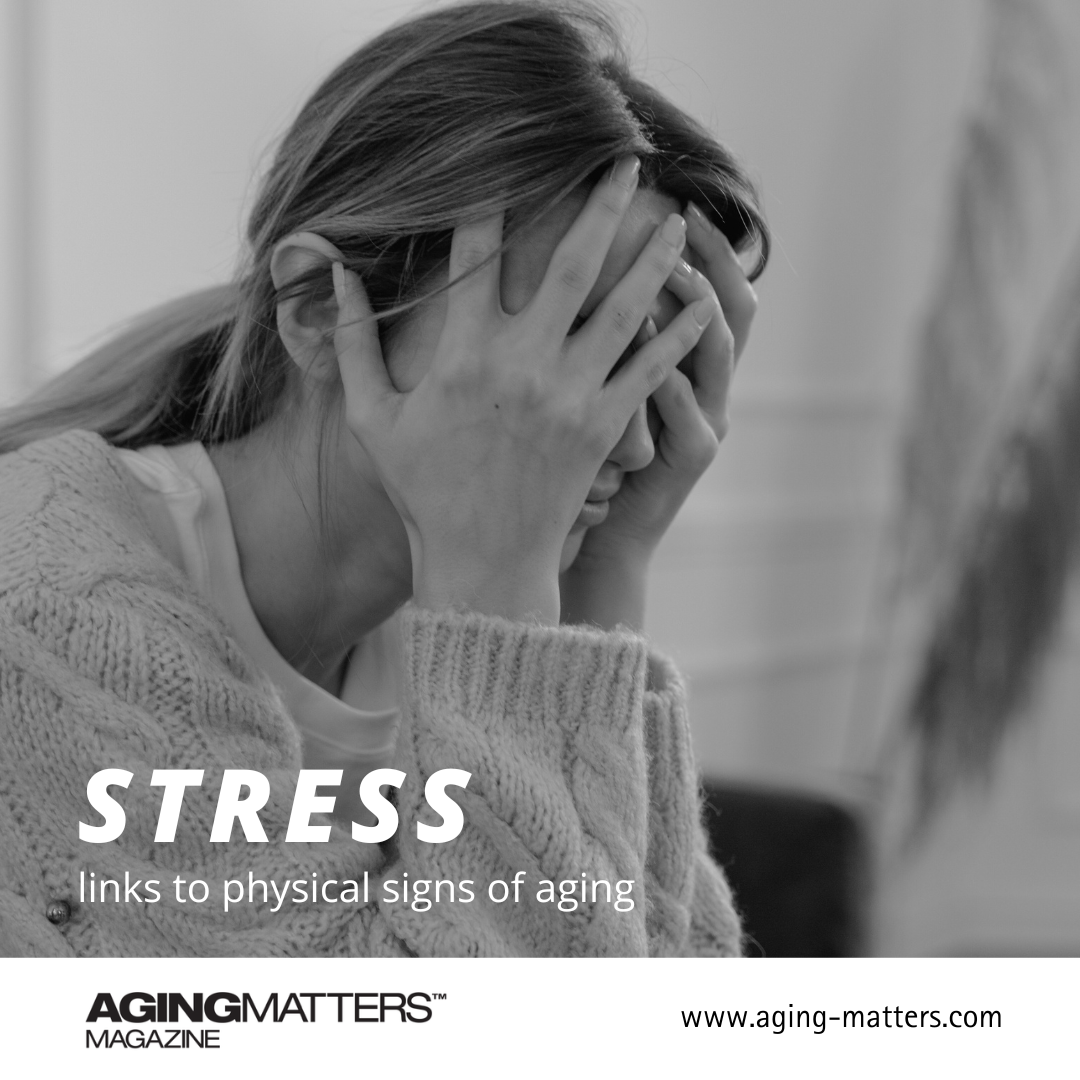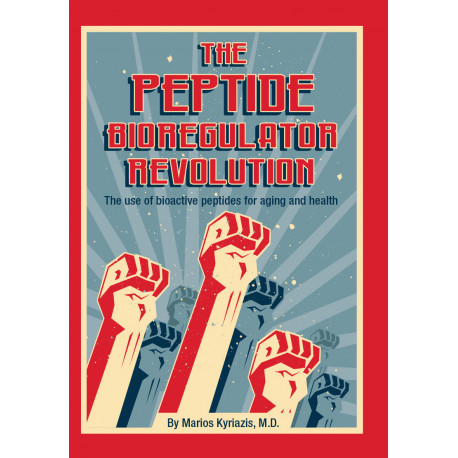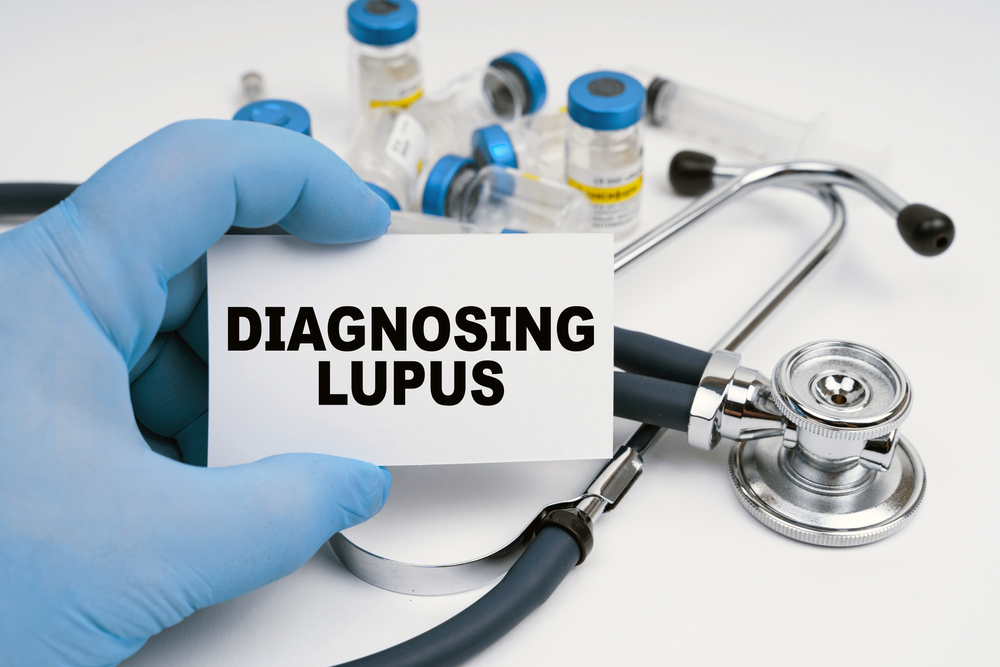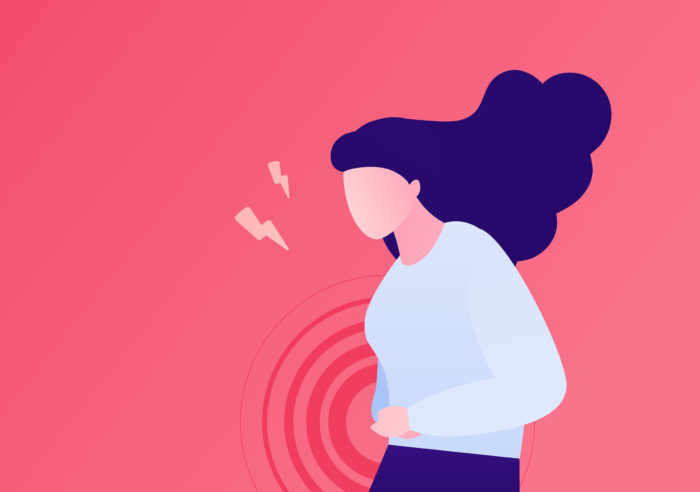
Could the licensed drug dichloroacetate bring great relief to endometriosis sufferers?
March 20th, 2023The hot topic during March’s endometriosis awareness campaign will be the drug dichloroacetate. A trial in the UK will start this autumn to see if the non-hormonal drug presently used to treat child metabolic disorders and various cancers could relieve women worldwide of the debilitating condition endometriosis.
What’s the latest for the life-changing chronic gynaecological condition of endometriosis?
Dr Ranee Thakar, the president of the Royal College of Obstetricians and Gynaecologists, welcomes the trial this autumn. She explained, “We know current endometriosis treatment options don’t work well for everyone, leaving many women with symptoms that can have a serious impact on their quality of life, affecting their physical and mental health,” she continued, “We look forward to the results of this trial and its potential to improve the day-to-day lives of women and people living with endometriosis.”
Is there a cure for endometriosis?
Currently there is no cure for the 1.5 million women in the UK suffering from the stressful condition that can cause insurmountable pain. The World Health Organisation (WHO) says that 1 in 10 women from reproductive age to menopause has to live with endometriosis, and cases keep rising.
What are the symptoms of endometriosis?
Experts don’t know what causes the condition. Factors include genetics, problems with menstrual flow, immune issues, high levels of estrogen, menstrual cycles starting before age 11 or the result of abdominal surgery. The symptoms of endometriosis vary from woman to woman. The most common are:
- Pelvic pain
- Painful sex
- Heavy bleeding
- Cramping
- Bloating
- Back ache
- Bowel problems
- Infertility
- Nausea
- Vomiting
- Fatigue
- Bleeding between periods
How is the condition diagnosed?
Diagnosis is done by locating where the pain is. A pelvic examination, ultrasound scan, MRI, biopsy or laparoscopy can tell experts more about a person’s condition. Endometriosis is difficult to treat. The type of treatment depends on different factors such as a person’s age, their symptoms, what treatment they have already tried and if surgery is an option.
What happens to the body when you have endometriosis?
There are 4 stages of the condition:
- Minimal
- Mid
- Moderate
- Severe
Endometriosis is caused when tissue in the body that is similar to that in the lining of the womb starts to grow elsewhere in the body – this is typically around the reproductive organs, the ovaries and the fallopian tubes, the outside of the uterus, the bladder and the bowel. Just like the tissue lining of the womb, the rogue tissue fills up with blood and bleeds. Similar to when a woman has a period, however, unlike periods, the built-up blood has nowhere to escape, and this causes lesions and scar tissue.
What treatments are there for the condition now?
The current treatment for endometriosis is conventional pain relief, hormonal contraceptive options or surgery. However, contraceptive pills and implants typically have side effects, and surgery isn’t a long-term treatment. A laparoscopy is a keyhole surgery where incisions are made in the tummy so the endometriosis tissue can be destroyed or cut out. The surgeon uses an instrument called a laparoscope.
What does the future hold for sufferers?
A pilot study using the non-hormonal drug dichloroacetate has been done, and its success has led to a potentially groundbreaking trial this autumn involving 100 women from Edinburgh and London. Over a 2.5-year period, half the women will receive the drug and the other half a placebo. The study will involve the women taking 12 tablets a day. Their blood will be taken, and they will be required to complete questionnaires.
What can Dichloroacetate potentially do to your body?
The cells from the pelvic wall of a woman with endometriosis produce higher amounts of lactate. A potentially harmful waste product produced by muscles and red blood cells when a body is low on oxygen when exercising.
The cells from the pelvic wall of a woman with endometriosis produce higher amounts of lactate. This is a potentially harmful waste product produced by muscles and red blood cells when a body is low on oxygen when exercising.
Lactate is instrumental in creating an environment in which endometrial tissue thrives, so reducing the levels of lactate in the body is key. Endometrial tissue in a lab that was treated with Dichloroacetate was seen to reduce lactate production to normal levels, and correspondingly the endometriosis lesions reduced.
Dr Lucy Whitaker, a clinical lecturer in obstetrics and gynaecology at the University of Edinburgh, who is leading the research explains, “We know women with endometriosis desperately want more treatment options and better ways to manage the often-debilitating pain that it causes. Our research so far shows promising results that dichloroacetate can make a huge difference. I hope our new trial will confirm this and give women hope that new treatments and a better quality of life are on the horizon.”
The exhausting condition can affect relationships, make it difficult to maintain a social life and cause stress, anxiety and depression. There are some natural remedies that women do, such as:
- Acupuncture
- Herbal medicine
- Hypnosis
- Counselling
- Regular exercise
In addition, you can take some precautions by avoiding or limiting the consumption of:
- Caffeine
- Gluten
- Dairy products
- Junk food
- Alcohol
- Smoking
- Recreational drugs
It is recommended that you eat a nutritionally healthy diet and seaweed is recommended by some people. Drinking lots of water is always beneficial.
The good news is the fact that endometriosis can get better by itself, especially after menopause or pregnancy.
We would recommend trying Nature’s Marvels™ Ovary peptide – this isn’t specifically recommended for endometriosis but does work to normalize ovary function, including their production of estrogen and progesterone. These hormones see variances during the perimenopause and menopause, causing hot flushes, low libido, infertility and vaginal dryness.
Find out more here: https://profound-health.com/product/ovary-bioregulator-natures-marvels/
References
